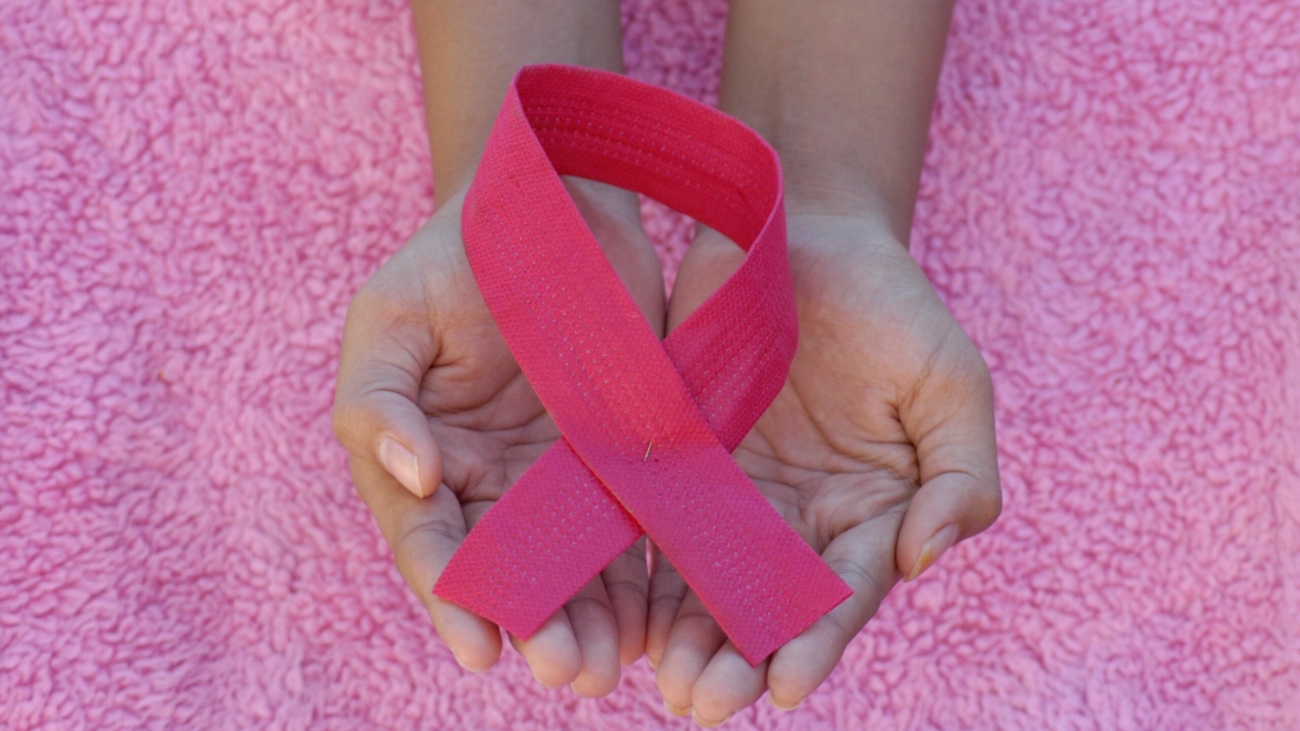Every woman should take steps to protect herself from breast cancer, and the right diet can play an important role in that. Join us as we explore which foods can help lower your risk of developing breast cancer, and how you can use this information to create a healthy lifestyle that keeps you out of harm’s way.
Introduction
For those of you who don’t know, breast cancer is the most common cancer in women. Approximately 1 in 8 women will develop breast cancer in their lifetime. The good news is that there are things you can do to lower your risk of developing breast cancer. One of those things is following a healthy diet. There is no single “breast cancer diet” that will protect you from the disease. However, there are certain nutrients and foods that have been shown to decrease the risk of breast cancer or help improve survival rates. In this article, we’ll go over 10 dietary changes you can make to help reduce your risk of developing breast cancer or improve your chances of surviving if you are diagnosed with the disease.
What is Breast Cancer?
Breast cancer is the most common cancer in women, and the second leading cause of cancer death in women. There are many different types of breast cancer, but the two most common are ductal carcinoma and lobular carcinoma. Ductal carcinomas start in the milk ducts and lobular carcinomas start in the milk glands. Risk factors for breast cancer include family history, age, personal history of breast cancer, genetic mutations (BRCA1 and BRCA2), obesity, alcohol consumption, hormone replacement therapy, and radiation exposure. There is no sure way to prevent breast cancer, but there are things you can do to lower your risk. These include maintaining a healthy weight, exercising regularly, eating a healthy diet with plenty of fruits and vegetables, limiting alcohol consumption, not smoking, and getting regular mammograms.
Causes and Risk Factors of Breast Cancer
Breast cancer is the most common cancer in women, and diet plays a role in both its development and prevention. A diet high in processed and red meats, sugary drinks, and refined carbs has been linked to an increased risk of breast cancer, while a diet rich in fruits, vegetables, and whole grains may help reduce the risk. Other factors that can increase the risk of breast cancer include being overweight or obese, drinking alcohol, having a family history of the disease, using certain hormone-replacement therapies, and being exposed to certain chemicals.
Dietary Protocols to Help Reduce the Risk of Breast Cancer
When it comes to cancer, dietary protocols can be extremely important in helping to reduce the risk. For breast cancer specifically, there are a few key things to keep in mind. First and foremost, it’s important to limit your intake of sugar and refined carbs as much as possible. These foods can promote the growth of cancerous cells and fuel tumor growth. Instead, focus on eating plenty of fresh fruits and vegetables, lean protein, and healthy fats. Another important dietary protocol for reducing the risk of breast cancer is to limit your alcohol intake. Just one alcoholic beverage per day can increase your risk by 10%. So if you’re going to drink, do so in moderation. Finally, it’s also important to make sure you’re getting enough omega-3 fatty acids in your diet. These healthy fats have been shown to help protect against breast cancer. You can find omega-3s in fatty fish like salmon and tuna, as well as in flaxseed oil and chia seeds.
Foods to Avoid When Trying To Avoid The Risk Of Breast Cancer
When it comes tobreast cancer, certain foods may increase your risk. Here are some foods to avoid when trying to avoid the risk of breast cancer: -Soda and other sugary drinks: Sugar can fuel cancer growth. In fact, one study found that women who drank two or more servings of soda per day had a 22 percent higher risk of developing breast cancer. -Processed meat: Studies have shown that processed meat can increase your risk of breast cancer. One reason may be that processed meat contains carcinogens, which are known to cause cancer. -Alcohol: Alcohol consumption has been linked to an increased risk of breast cancer. The more alcohol you drink, the greater your risk. -Certain types of fish: Fish that are high in mercury may increase your breast cancer risk. These include swordfish, shark, and tilefish. -Birth control pills: Taking birth control pills has been linked to an increased risk of breast cancer. If you’re on birth control pills, talk to your doctor about the risks and benefits.
Foods That Help Lower The Risk Of Breast Cancer
There are plenty of foods that have been shown to help lower the risk of breast cancer, so there’s no need to worry about what you should be eating. Here are some of the best foods to add to your diet if you want to reduce your risk: Green tea: This antioxidant-rich beverage has been linked with a reduced risk of breast cancer. Include 1-2 cups in your daily routine. Cruciferous vegetables: Foods like broccoli, cabbage, and Brussels sprouts contain cancer-preventing compounds. Eat them raw, steamed, or roasted for the most benefit. Omega-3 fatty acids: Found in oily fish and certain plant oils, omega-3s have anti-inflammatory properties that may help protect against breast cancer. Aim for 2-3 servings of oily fish per week or take a supplement containing omega-3s. Tomatoes: These bright red fruits contain lycopene, an antioxidant that has been linked with a reduced risk of breast cancer. Eat them fresh, in sauce, or as part of a salad.
Lifestyle Changes to Help Reduce The Risk of Breast Cancer
It’s estimated that diet and lifestyle account for about 30 to 40 percent of all cancers. So, making some healthy changes in your life can have a big impact on your breast cancer risk. Here are some lifestyle changes you can make to lower your risk:
1) Maintain a healthy weight: Being overweight or obese increases your risk of developing breast cancer. So, aim to maintain a healthy weight by eating a balanced diet and getting regular exercise.
2) Get enough exercise: Exercise has many health benefits, including reducing your risk of breast cancer. Aim for at least 30 minutes of moderate-intensity exercise most days of the week.
3) Limit alcohol intake: Alcohol consumption is linked to an increased risk of breast cancer. If you choose to drink alcoholic beverages, limit yourself to one drink per day.
4) Avoid smoking: Smoking is linked to an increased risk of developing breast cancer. If you smoke, quitting is the best way to reduce your risk.
Conclusion
The diet to get out and stay out of the breast cancer danger zone is a great way to lower your risk of developing the disease. Eating plenty of fruits, vegetables, whole grains and lean sources of protein has been proven to help prevent this life-altering disease in both men and women. By following these simple dietary recommendations and exercising regularly, you can live a healthier lifestyle that will keep you safe from breast cancer for years to come.

